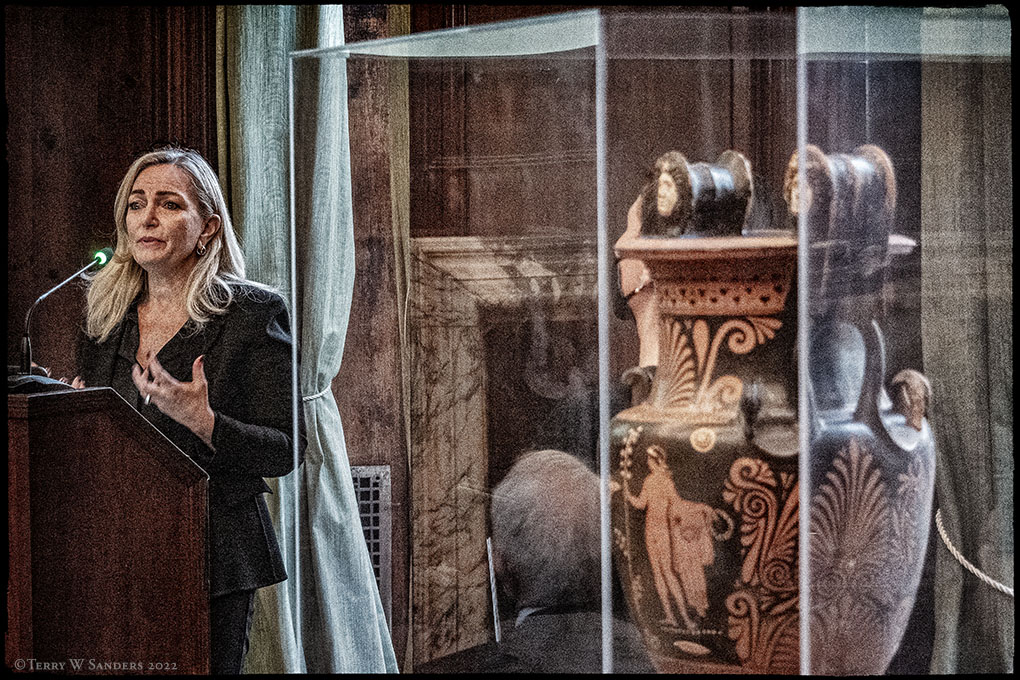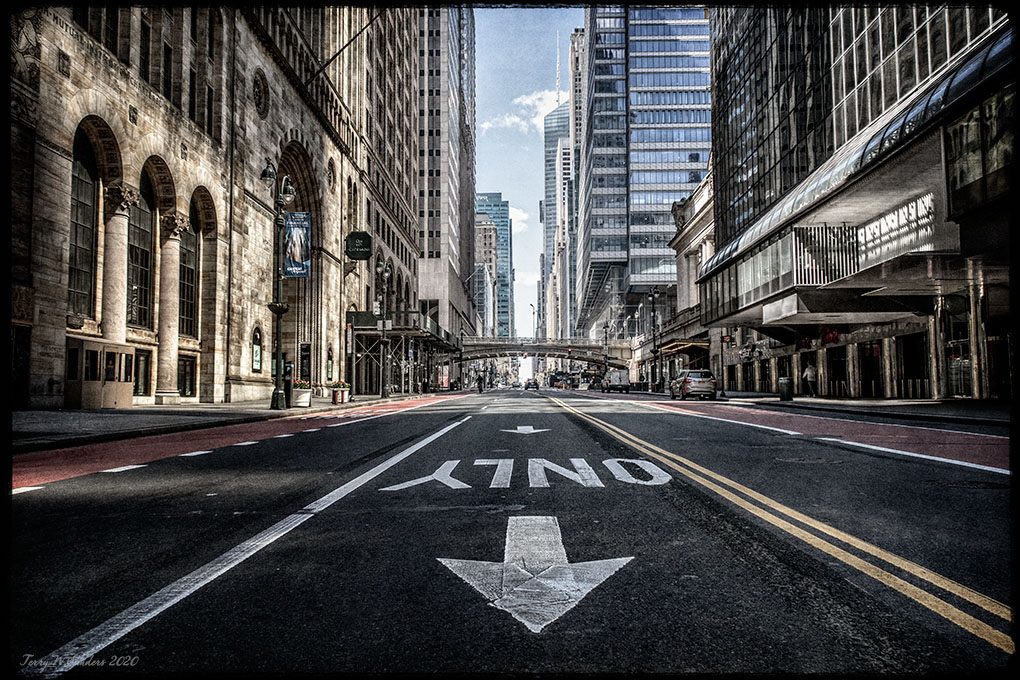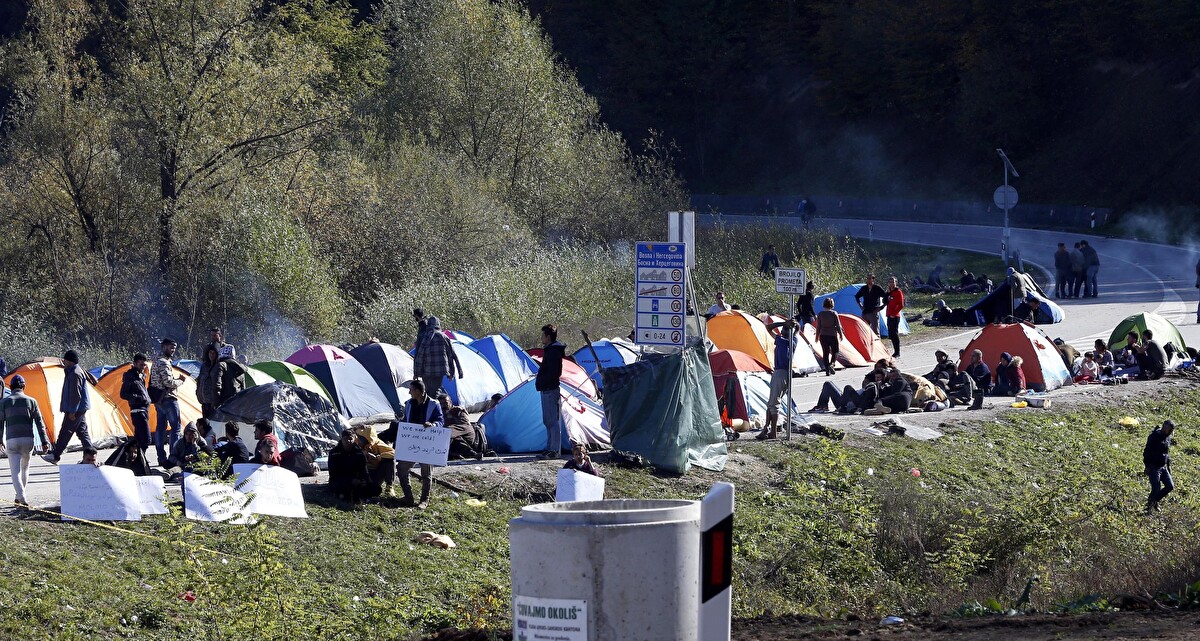When Fabio Finotti welcomes us to the Italian Institute of Culture, he acts like a gracious host. The Director has been in New York for one year, but he is already comfortable with the many cultural Italian realities of the city.
We chose to interview him last for this series of articles dedicated to the promoters of our heritage, because he is the direct representative of the institutions. The organization he runs, created in 1961, was funded by the Italian government and operates under the leadership of the Ministry of Foreign Affairs, the advisory committee and its staff, to promote cultural exchanges between Italy and the United States, including art, humanities, science and technology.

Finotti, born in Padua, had very different expectations of how New York would be. “It is very intense, engaging and fascinating.”
“We have great freedom of movement, even from a logistic point of view. We modified some halls of the building and we are thinking of freeing up an entire floor to host a bookstore and an Italian cafe’.”
The important thing, for any project or initiative, is to have a clear vision. You shouldn’t only be focusing on the opportunities offered by each event, but on planning a journey with a wider scope, step by step. His is clear: to highlight how open Italy is to multiculturalism, both in the past and today. “We aim to produce exhibits, events and seminars that illustrate the richness of the relationships Italy has cultivated throughout time, getting to the point that I’m most concerned with: the development of ‘italian-ness’”.
“There are several different Italian cultures and languages,” explained Finotti, “ and that is the reason why I believe that it is essential to leave the 19th century idea of nationalism behind. There are many ‘Italies’ abroad. There is the high-brow one, of people who know Dante, Petrarca, Machiavelli and futurism well. But we can’t deny the existence and liveliness of a different Italy, more connected to pop culture and Italian-Americans, one that does not possess the same level of literary knowledge but that has perfect social grammar.”

Then again, Finotti has always dealt with Italian culture in the United States. “In 2000 I was appointed to a chair as professor of Italian literature at the University of Pennsylvania. I was there for many years as Director of the Center for Italian Studies and, later on, when the Ministry of Foreign Affairs allowed people to send an expression of interest for this Institute, it seemed to me like the logical continuation of my path in Pennsylvania. That’s when the selection process started, which led me to where I am today.”
Finotti’s meeting with New York came during the pandemic, when the city’s wounds from the lockdown were still raw. “New York is a great metropolis for meeting people so when the gatherings became virtual it lost a lot of its soul. At that time many people discovered the potential of online communication. The human landscape changed and many daily realities disappeared, like small ethnic restaurants or establishments attended by employees during their lunch breaks.”

In that context, the Institute was forced to adapt and it created an online platform. “It’s called ‘Stanze Italiane’, Italian rooms, and it was vital to us. We were able to bring events to light at the Institute, disseminating them through the web and allowing a more rational usage of our resources by sharing some initiatives with other centers. We were then able to support many Italian artists who weren’t working and were going through a tough time. We helped them out by promoting them here, on American soil.”
It was a showcase not only directed towards Italians in America, but to the whole community. “The Institute, which engages in cultural diplomacy, needs to speak to all of New York. We give special attention to Italians, but we can’t have them as our only consumers. We need to blend together ethnicities and heritages.”
Blending in order to enrich, those are the keywords to follow in order to affirm the identity and a brand, Made in Italy, that is so very attractive to foreigners.
“The Institute has great value, because Italy is more and more often the promoter of an idea, a horizon, a way of life. We do not only see a product, but an entire culture.”
Translation by Emma Pistarino












